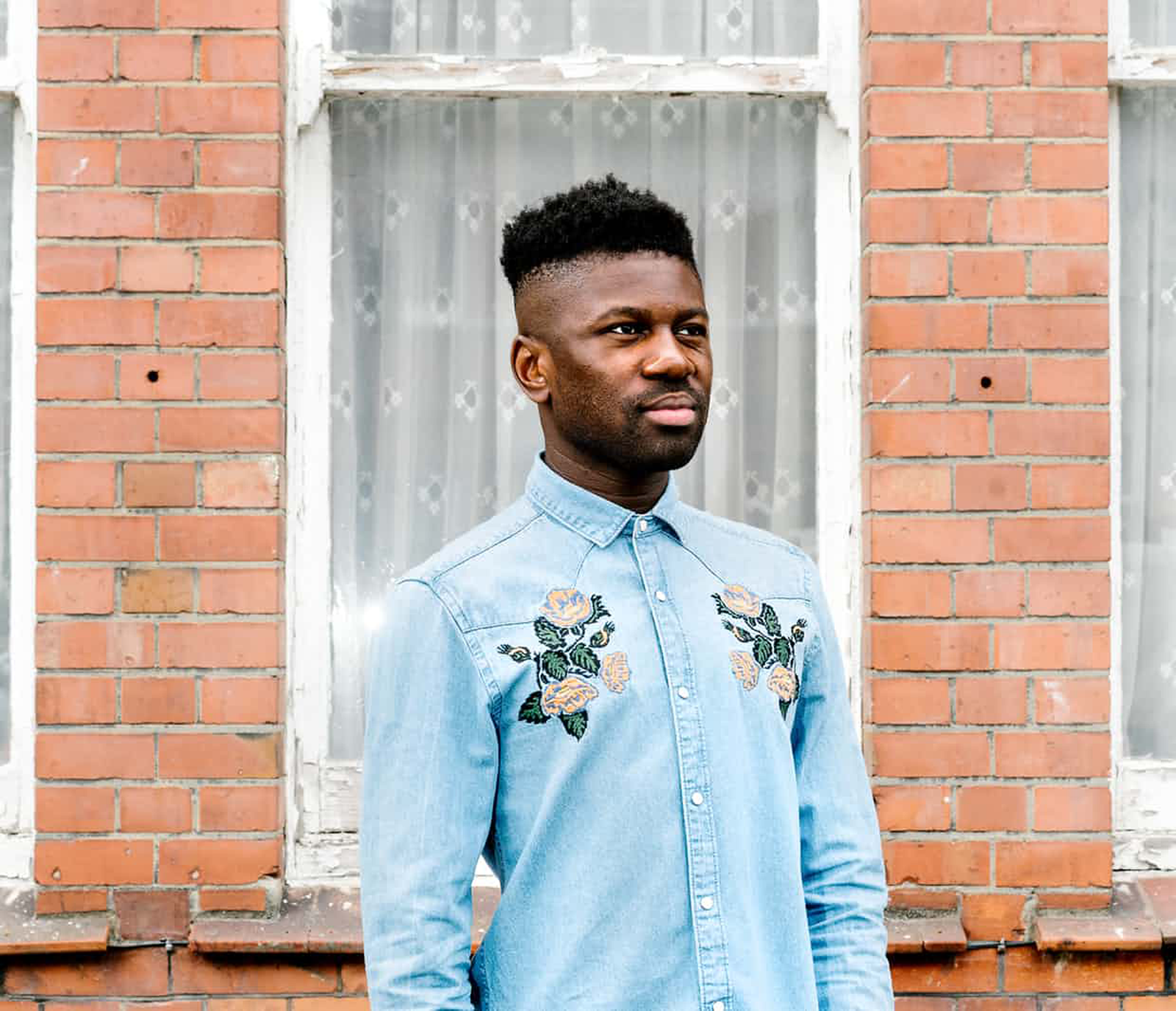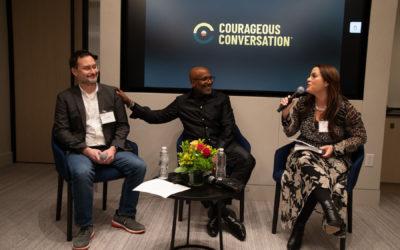By Michael Donkor—July 7 2018
On an overcast day in Oxford in 2003, a few weeks into the first year of an English literature degree, I found myself doing something out of character. I broke a rule. Rather than going to my scheduled tutorial, rather than sitting on the ungiving sofa and offering halting analysis of Middlemarch, I slotted a note into my tutor’s pigeonhole and darted out of Wadham College. I hadn’t told anyone I was going; I was unsure if I would ever come back.
I was unaccustomed to disobedience. I went to a large, fiercely aspirational comprehensive where for years I had been a picture of compliance. I had exceeded predicted grades and been garlanded at prize-givings. It followed that the result of such cheerful tractability and success should be continued tractability and success at the University of Oxford, the very place I was fleeing.
As I rushed in my battered Converse, my heart thudded in weird patterns. I kept dropping things, stopping to scoop up my belongings. I couldn’t wait to get back to London, to my own bed, to my schoolfriends who were grownup-ly working in bars and bookshops, saving for gap-year adventures. I flopped on to a seat on the coach, alternating between weeping and snoring all the way down the M40. It was a bloody awful end to a bloody awful few weeks.
Before I got to university, I had imagined that the much mythologised pressure of the place would come from on high: disciplinarian, gowned fellows would swoop around making all manner of unrealistic intellectual and organisational demands. But, on arrival, I found it was other students and their attitude to work that was most tricky.
In the junior common room, over sweaty brie and cranberry paninis, the writing of essays was exclusively referred to as having an “essay crisis”. At dinner, in the grand dining hall, panicked girls asked how many paragraphs I had managed to write, how many more I intended to write that evening, if I was gearing up for an “all-nighter”. Was I worried about not having enough to say? Wasn’t I concerned that my ideas might be too thin? The whole business of thinking about texts – something I loved – was reframed as a pursuit full of risk and without pleasure.
When studying for my A-levels, I had worked in a much more self-contained fashion. I did my homework in peace and quiet at the dining table. I stopped for regular dance breaks, stomping around the front room to MTV Base. But at Oxford the production of work came with an oppressive theatricality. I started to secrete myself away in my room, rather than engage in yet more competitive grandstanding about word counts.
But there were other aspects of my fellow freshers’ behaviour that bothered me. I am not now, nor have I ever have been, a particular fan of Eminem’s oeuvre. But throughout that first fortnight the sentiments of the curt line “y’all act like you never seen a white person before” from The Real Slim Shady circled through my mind. The interactions I had with several students made me feel that my blackness was something curious, difficult to handle.
At one of the endless icebreaker events, a history student told me that I must be really “into African beats” (what even are African beats?). A girl from another college launched into an expectant monologue about her gap year in Togo, keen to hear of my own “experiences of Africa”. My hair – arrayed in a cloud of messy twists – was the subject of profound speculation and inquiry. When I ventured into other Oxford colleges, the porters who guarded the entrances eyed me quizzically and checked my ID card with suspicion. In all fairness, my blackness was a surprise. As far as I could tell, in 2003 I was the only first-year undergraduate black male student reading English literature in the entire university. In my college, I was one of only two black freshers. (According to the official records, there were 21 British students who identified as black who accepted a place at Oxford that year. The total number of British students admitted was 2,940.)
Lots of my closest friends at school were white and middle class, as were most of my teachers. So being in the minority was not unfamiliar. But in my A-level English class, there were people with Jamaican, Spanish, Polish, English, Pakistani, Irish and Nigerian heritages. Whiteness was surrounded by all kinds of racial diversity. So the very particular, ubiquitous whiteness of Oxford – a whiteness so self-confident that it didn’t notice itself, never needed to think critically about itself – struck the 18-year-old me.
On many occasions in those first few weeks, it was my blackness that fellow newcomers found worthy of (awkward) conversation. Part of me now thinks about these interactions in an amused way; often, it was youthful gaucheness. But I also have to be honest: those encounters – or microaggressions – left me feeling alienated and conflicted. Making these strangers face up to the cheapness of their interest in my heritage seemed unfriendly. So I remained silent, smiling, complicit. I knew that, if I were to launch into an anti-racist challenge, there were very few people of colour to come to my aid. I was fraught and sad, full of complicated anxieties about my sexual as well as my racial identity. How, I wanted to know, do you exist and survive as a black man in Oxford? How do you exist and survive as a black, gay man?
Read more at the Guardian.




